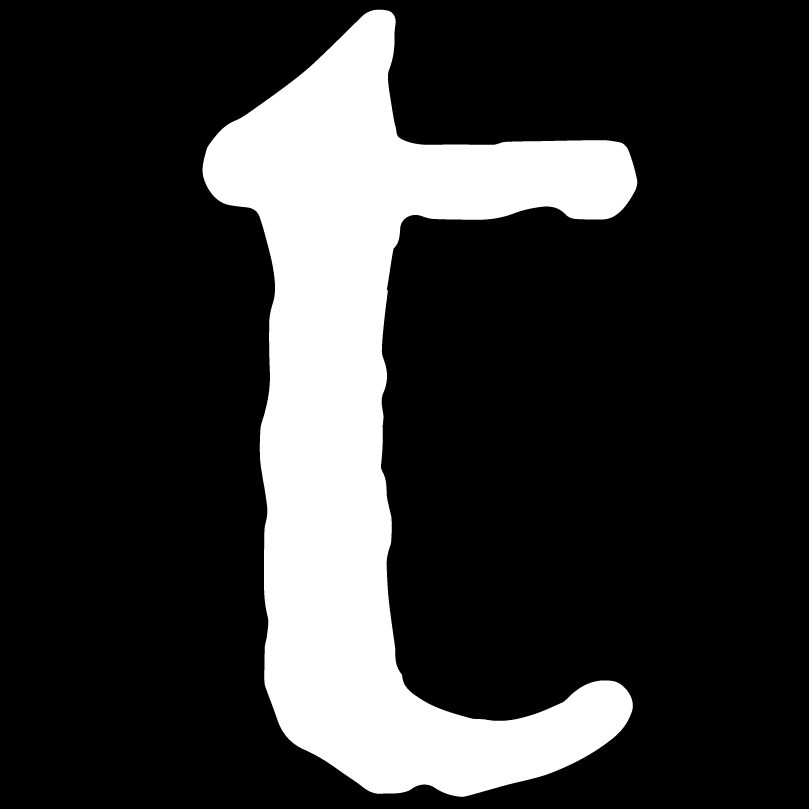
Iran Given Two-Week Deadline to End the Nuclear Impasse
Julian Borger, The Observer
Geneva - Iran was given a fortnight to agree to freeze its uranium enrichment program yesterday or face further international isolation.
After a day of inconclusive talks in Geneva, a six-nation negotiating team warned the Iranian delegation that it had run out of patience and demanded a 'yes or no' answer to a proposal it put forward five weeks ago.

Iranian President Mahmoud Ahmadinejad tours the Natanz uranium enrichment facility in April 2008.
(Photo: AFP / HO / File)
Under that offer, sponsored jointly by the US, Britain, France, Germany, Russia and China, Iran would not expand its uranium enrichment programme, while the international community refrained from imposing further sanctions. This phase would last six weeks, possibly paving the way for suspension of enrichment and more comprehensive talks.
The failure to reach agreement appeared likely to trigger new European and UN sanctions and to raise tensions in the Gulf. An Iranian rejection would also represent a rebuff to conciliatory moves from Washington, including the dispatch of a senior diplomat to Geneva to attend high-level talks with the Iranians for the first time in nearly three decades. The diplomat, William Burns, left Geneva without making any public comments.
Javier Solana, the European Union foreign policy chief leading the international negotiating team, said the talks were 'constructive', but admitted: 'We didn't get the answer we were hoping for. I hope very much we will get an answer to our question presented five weeks ago and we hope we will get it in two weeks.'
Solana would not specify what the consequences would be if there was no positive response from Iran in the next fortnight, but Western officials at the talks said there was consensus among the six nations, including Russia and China, that it would be interpreted as a rejection and trigger a new round of UN Security Council sanctions.
'They have been told this is your last meeting. We are not doing this again. Go back to Tehran and you have a week or two at most to give a yes or no,' one official said.
Another Western source involved in the talks said: 'There was some impatience voiced by a number of people at the meeting that we want a clear answer.'
Asked at a press conference, the chief nuclear negotiator for Iran and head of its delegation, Saeed Jalili, ducked a direct opinion on the freeze proposal. 'We have been talking about that for many hours,' Jalili said. 'What is more important is for us to have a constructive approach and bring that approach to the table, so that we can later deal with our shared worries and concerns.'
A negotiating document presented at the meeting by Jalili and seen by The Observer also talked vaguely about future co-operation but did not directly mention Iran's nuclear activities. In the next few days the European Union is due to approve new financial sanctions aimed at Tehran's banking system. Those are likely to be followed by a fresh round of Security Council talks in September on stepping up international sanctions, although both Russia and China oppose radical measures.
The US and Britain have also raised the possibility of pursuing an embargo of Iran's oil industry, including a block on imports of petrol and diesel. And the breakdown of talks is likely to strengthen the urgings of hawks in Israel for pre-emptive military action to halt Iran's nuclear programme.
Western officials in Geneva said that they were encouraged that all six nations represented in the Solana delegation, including Russia and China, presented a common front and made repeated efforts to urge Jalili to focus on the 'freeze for freeze' proposal.
The meeting took place in Geneva's 16th-century town hall, in the same room that the Red Cross was founded and the first Geneva convention on the treatment of war wounded was signed in 1864.
What happens now?
Is this the end for negotiations?
Not exactly. The Iranian negotiator was told Iran had another two weeks to accept or reject an interim deal, freezing uranium enrichment and sanctions. It was made clear to the Iranians that only a 'yes' would avert more sanctions and isolation.
What happens if Iran says yes?
Iran would stop expanding uranium enrichment, meaning it would not add to the roughly 3,000 centrifuges it has spinning at the Natanz facility, enriching uranium gas to make nuclear fuel.
What if Iran says no or fails to respond?
Then there will almost certainly be more sanctions, aimed at banks and travel and the leadership's financial assets. It is unclear what Russia and China would agree to at the UN, but they have said they will not go along with the sort of robust sanctions, targeting Iran's dependence on foreign refineries for its petrol and diesel, favoured by the US and Britain.
Is war now more likely?
Yes, but it is generally thought there is a long way to go before any hostilities. It will strengthen the hand of hawks like Dick Cheney in Washington and give added impetus to Israeli leaders who believe only military action will stop Iran. But, for now, US moderates are in the ascendant.
www.truthout.org/article/iran-given-two-week-deadline-end-nuclear-impass
